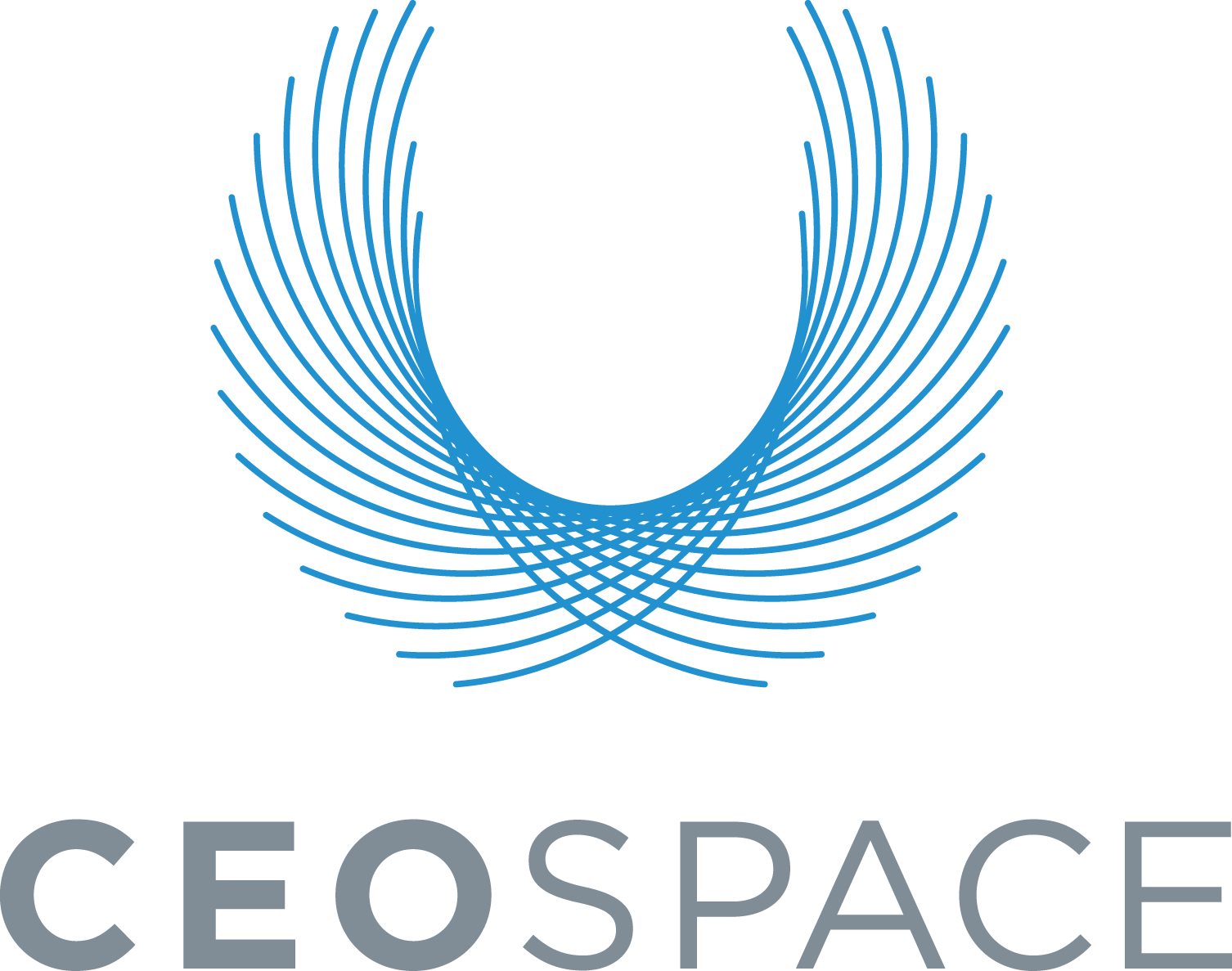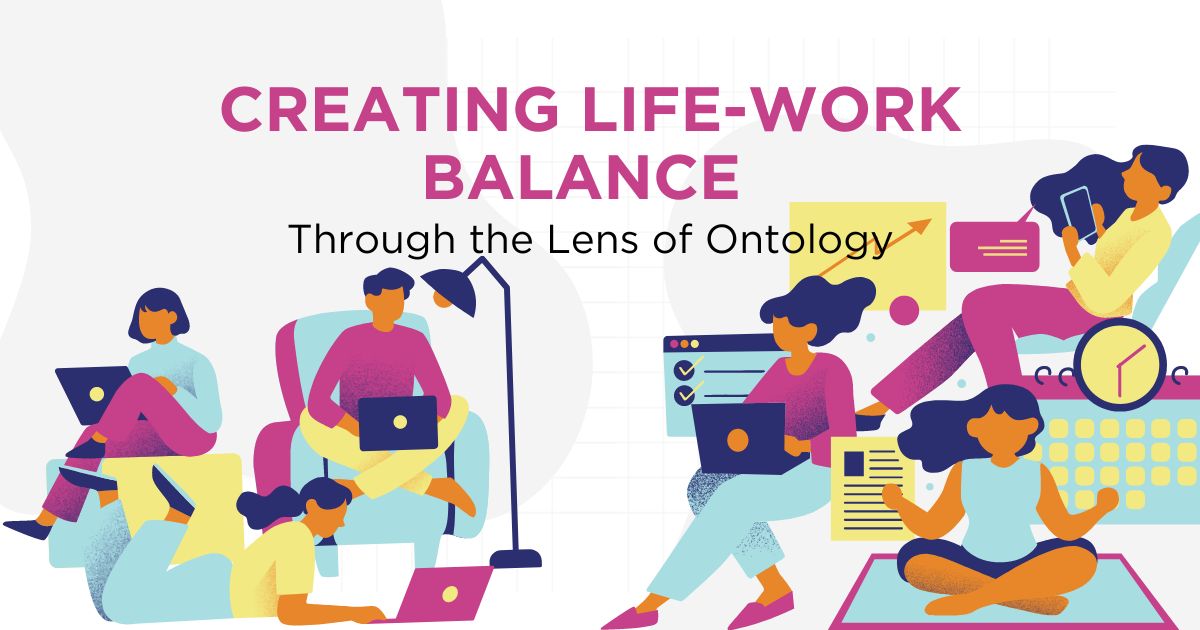In the relentless pursuit of business success, many entrepreneurs struggle to maintain a healthy life-work balance. This imbalance can lead to burnout, decreased productivity, and a diminished quality of life. Ontology, the philosophical study of being and existence, offers profound insights into achieving a harmonious balance between work and life. This article explores the concept of life-work balance from an ontological perspective, practical steps to achieve it, and how embracing these principles can transform your entrepreneurial journey.
Introduction: The Importance of Life-Work Balance
Life-work balance is essential for overall well-being and sustained entrepreneurial success. It involves creating harmony between your professional responsibilities and personal life, ensuring neither aspect is neglected. From an ontological standpoint, achieving balance is about understanding the essence of your existence and aligning your actions with your core values and purpose.
The Ontological Perspective on Life-Work Balance
Ontology delves into the nature of being, exploring what it means to exist authentically and purposefully. Applying ontological principles to life-work balance involves:
- Understanding Your Essence: Recognizing your true self, your values, and your purpose. This self-awareness guides your actions and decisions.
- Embracing Interconnectedness: Acknowledging that your professional and personal lives are interconnected and mutually influential.
- Accepting Impermanence: Understanding that change is a constant aspect of life and embracing flexibility.
- Living Authentically: Aligning your actions with your core values and being true to yourself in all aspects of life.
Understanding Your Essence
The foundation of life-work balance is a deep understanding of your essence. This involves introspection and self-awareness to identify your core values, passions, and purpose.
Self-Reflection
Regular self-reflection helps you stay connected with your essence. Consider the following questions:
- What are my core values?
- What brings me joy and fulfillment?
- What is my purpose in both my personal and professional life?
These reflections help you prioritize activities and make decisions that align with your true self.
Setting Boundaries
Understanding your essence also involves setting boundaries to protect your values and well-being. Establish clear limits between work and personal time. This might include setting specific work hours, unplugging from digital devices during personal time, and prioritizing self-care.
Embracing Interconnectedness
Recognizing the interconnectedness of your professional and personal lives is crucial for achieving balance. Your well-being in one area influences the other, and vice versa.
Integrating Work and Life
Rather than viewing work and life as separate entities, integrate them in a way that enhances both. This could involve:
- Flexible Work Schedules: Allowing for flexible work hours to accommodate personal commitments.
- Family Involvement: Including family members in certain aspects of your business, creating a supportive environment.
- Work-Life Synergy: Finding ways for your personal interests and passions to complement your professional goals.
Building a Supportive Network
Surround yourself with a supportive network of family, friends, and colleagues who understand and respect your need for balance. Lean on them for support and encouragement when juggling responsibilities.
Accepting Impermanence
Change is inevitable in both life and business. Embracing impermanence helps you remain flexible and adaptable.
Adapting to Change
Develop the resilience to adapt to changes and unexpected challenges. This involves:
- Staying Open-Minded: Being open to new opportunities and ways of doing things.
- Practicing Flexibility: Adjusting your plans and routines as needed without compromising your values.
- Embracing Uncertainty: Accepting that uncertainty is a natural part of life and business, and finding ways to navigate it with confidence.
Living Authentically
Living authentically means staying true to your core values and purpose in all aspects of life. This authenticity fosters a sense of fulfillment and balance.
Aligning Actions with Values
Ensure that your daily actions and decisions reflect your core values. This might involve:
- Prioritizing Self-Care: Making time for activities that nourish your mind, body, and spirit.
- Honoring Commitments: Being reliable and consistent in your personal and professional commitments.
- Seeking Fulfillment: Engaging in work and personal activities that bring joy and satisfaction.
Practicing Mindfulness
Mindfulness involves being fully present in the moment and aware of your thoughts and feelings. Practicing mindfulness helps you stay connected with your essence and make intentional choices.
Practical Steps to Achieve Life-Work Balance
- Set Clear Priorities: Identify your most important personal and professional priorities. Focus on what truly matters and let go of non-essential tasks.
- Create a Schedule: Develop a schedule that allocates time for work, personal activities, and rest. Stick to this schedule as much as possible to maintain balance.
- Delegate and Outsource: Delegate tasks at work and home to free up time for more meaningful activities. Outsource tasks that do not require your direct involvement.
- Take Breaks: Incorporate regular breaks into your workday to recharge and prevent burnout. Use this time to engage in relaxing or enjoyable activities.
- Practice Gratitude: Cultivate a mindset of gratitude by regularly acknowledging and appreciating the positive aspects of your life. This practice enhances overall well-being and satisfaction.
Stories of Entrepreneurs Who Have Achieved Life-Work Balance Through Ontology
Story 1: Arianna Huffington
Arianna Huffington, founder of The Huffington Post and Thrive Global, experienced burnout early in her career. Her journey to recovery involved embracing her essence and prioritizing well-being. Huffington’s commitment to sleep, mindfulness, and self-care has inspired many entrepreneurs to seek balance and live authentically.
Story 2: Richard Branson
Richard Branson, founder of the Virgin Group, is known for his adventurous spirit and work-life balance. Branson integrates his personal passions with his business ventures, creating a fulfilling and balanced life. His belief in flexibility, fun, and purpose-driven work exemplifies the ontological principles of interconnectedness and authenticity.
Story 3: Sheryl Sandberg
Sheryl Sandberg, COO of Facebook and author of “Lean In,” advocates for balance and resilience. After facing personal tragedy, Sandberg embraced impermanence and authenticity, focusing on her essence and values. Her journey highlights the importance of resilience, support networks, and living authentically.
Conclusion: Embrace Ontology for Life-Work Balance
Achieving life-work balance through the lens of ontology offers a profound and holistic approach to entrepreneurship. By understanding your essence, embracing interconnectedness, accepting impermanence, and living authentically, you can create a harmonious and fulfilling life. These principles not only enhance your well-being but also drive sustained business success.
At CEO Space International, we are committed to supporting entrepreneurs in their growth phase. Our Inspire membership offers valuable resources, networking opportunities, and expert insights to help you achieve life-work balance and lead with purpose and authenticity.
Call to Action: Join Our Free Inspire Membership
Embrace the power of ontology to create a balanced and fulfilling entrepreneurial journey. Join our free Inspire membership today and take the first step towards achieving life-work balance. Visit Inspire Membership to get started.

